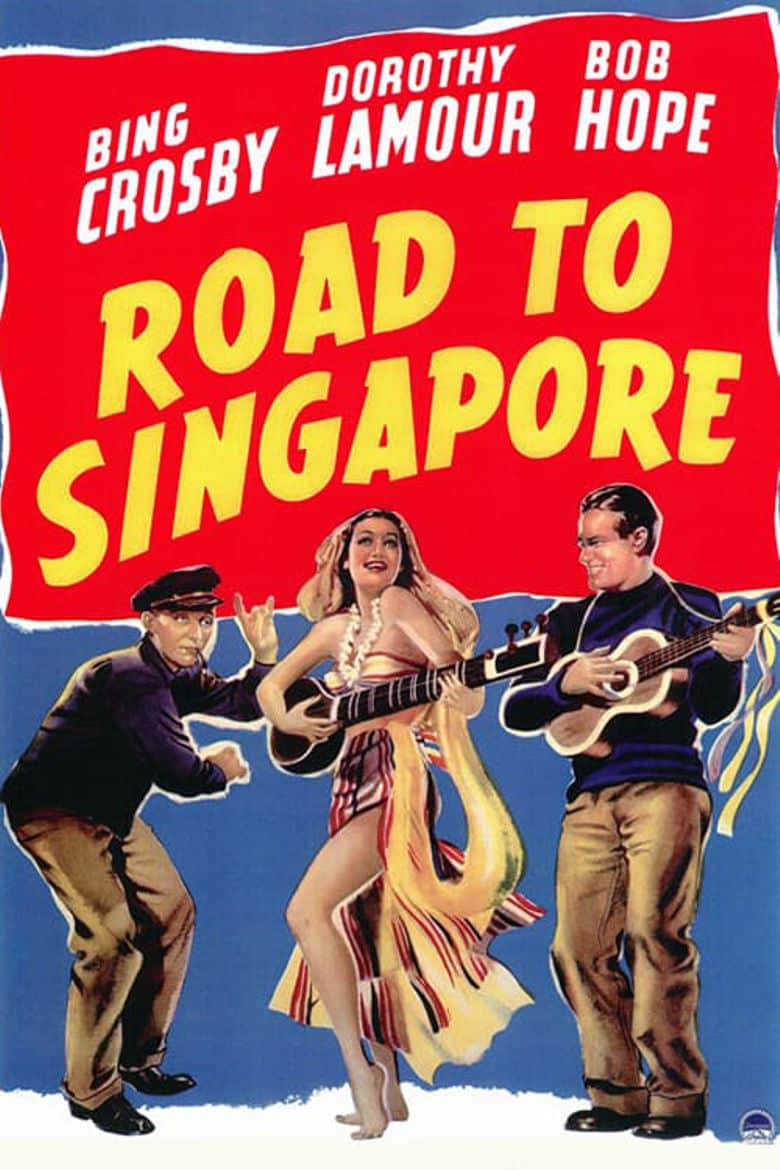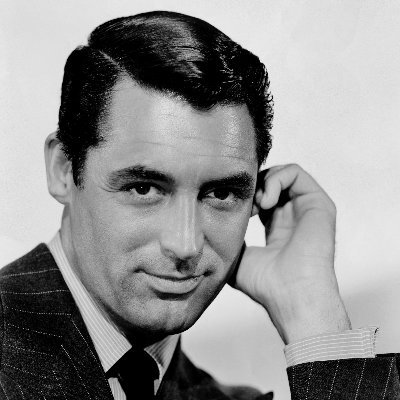
- Starring
- Bing Crosby, Bob Hope, Dorothy Lamour
- Writers
- Don Hartman, Frank Butler
- Director
- Victor Schertzinger
- Rating
- n/a
- Running Time
- 85 minutes
Overall Score
Rating Summary
Road to Singapore serves as the first entry into the Road to… series and casts Bing Crosby and Bob Hope as playboys Josh Mallon V and Ace Lannigan respectively, as they set off to the Colony of Singapore in an effort to forget failed past romances, but end up encountering a beautiful exotic woman named Mima (Lamour)
There are some franchises and properties that exist primarily as a time capsule, and if Road to Singapore is anything to go by, the Road to… series may be one of them. At its core, it merely exists as an excuse for Crosby and Hope to mug for the camera in a predominantly non-white locale that is probably going through a lot of problems in real life but is presented as an exotic fantasy within the movie. They’ll perform a series of schticky gags, sing a few songs, get into some hijinks caused by their bad behavior, make a few self-aware references, and woo an exotic princess usually played by Lamour in brown face. This description should help viewers realize how outdated and backwards-looking this franchise is, to a frankly disgusting degree. The fact that this takes place in Singapore under British rule makes it impossible to ignore the undercurrent of white supremacy that revolves around the mere premise of the film, complete with white actors in brownface playing the natives as broad racist stereotypes.
Road to Singapore portends to be a parody though fails because, while it does sometimes point out the tropes of this genre, it’s hard to get a sense of what it’s parodying, or if it’s even in on its own joke. A feeling of condescension swamps the film as its white characters clearly believe they are better and more civilized than the natives, and try to ‘civilize’ them. That’s not even touching on the film’s attitude towards women, which can best be summed up in an opening quote from Crosby: “If the world was run right, only women would marry.” The film briefly has them swear off women (which makes you wonder if they have unsolved personal issues that they need to work out), but it’s not too long until they’re chasing after Mima and all the predictable, lame jokes that would arise from that scenario play out in exactly the way one would expect. One could argue that it’s trying to be satirical about misogyny, but again, there’s nothing to distinguish whether or not the filmmakers know what jokes they’re trying to make out of this, just that they’re happening, and that’s not funny or witty on its own.
None of this is helped by its two leading men. Hope has this perpetually smug, sour demeanor that doesn’t mesh with the broad zany jokes this movie is telling, while Crosby leans too much into being a sad-sack, coming off almost creepy, and certainly not selling any sort of comedic sensibility or smoothness; the smile he wears is always insincere, and his presence is almost uncomfortable to watch at points. The best thing that could be said for this duo is that they’re good singers, but that doesn’t mean much when the chemistry just isn’t there. It’s a problem when viewers are more interested in the character actors who have to prop them up at various points, such as the ever-reliable Charles Coburn, Jerry Colonna and a young Anthony Quinn.
Perhaps the main saving grace of this movie is the object of affection Lamour as Mima. She is sensual, vivacious, and knows what kind of film she’s in. Plus, she’s got a gorgeous voice that’s put to good use during the songs that she sings. It’s clear to see why she was so popular in her time, and it’s unfortunate that she was dropped from the series when she got ‘too old,’ but Crosby and Hope apparently weren’t.
From a technical standpoint, Victor Schertzinger directs with all the panache that one would expect from the man who made One Night of Love and The Mikado, and there’s not even any of the visual boldness that at least made the latter stand out (if not in a good way). An adventure-based film like this should have more visual splendor to it, but for the most point, it’s depressingly plain and drab. Not even Singapore stands out much despite the potential to make it look appealing.
Emblematic of the bigotry, racism and sexism that was so prevalent in America even back then, Road to Singapore is a lazy faux-meta exercise in self-gratification that offers little more than Crosby and Hope chasing after women and mugging for the camera. This should be left in the past and forgotten about.
still courtesy of Turner Classic Movies
Follow me on Twitter and Letterboxd.
If you liked this, please read our other reviews here and don’t forget to follow us on Twitter or Instagram or like us on Facebook.
Discover more from
Subscribe to get the latest posts sent to your email.

